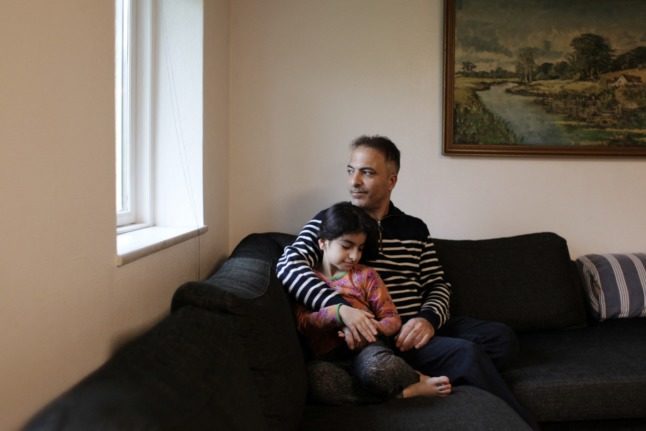The Swiss joined other Western governments in ordering out its Syrian diplomat after 108 people, including 49 children, were killed in the central town last week.
The Federal Department of Foreign Affairs (FDFA) said in a statement it had decided to pronounce ambassador Lamia Chakkour, who is based in Paris where she also represents her country, as “persona non grata”.
“The FDFA has made the Syrian foreign ministry aware of the decision,” it said, citing “systematic violations” of UN Security Council resolutions and a failure to implement the six-point peace plan brokered by UN-Arab League envoy Kofi Annan.
Annan met President Bashar al-Assad for crunch talks on Tuesday as France, Australia, Canada and others announced the expulsion of their Syrian diplomats.
This did not go far enough for the Syrian opposition which demanded that the UN Security Council approve Libya-style military intervention to end almost 15 months of violence.
The Syrian authorities have repeatedly blamed “terrorist” groups for the killings in Houla.
Switzerland said on Sunday that the massacre could be considered a war crime and that it was up to the UN Security Council to consider asking the Hague-based International Criminal Court to investigate crimes committed in Syria “by all parties”.
More than 13,000 people have been killed, most of them civilians, since the uprising against Assad’s regime erupted in March last year, according to figures from the Britain-based Syrian Observatory for Human Rights.


 Please whitelist us to continue reading.
Please whitelist us to continue reading.